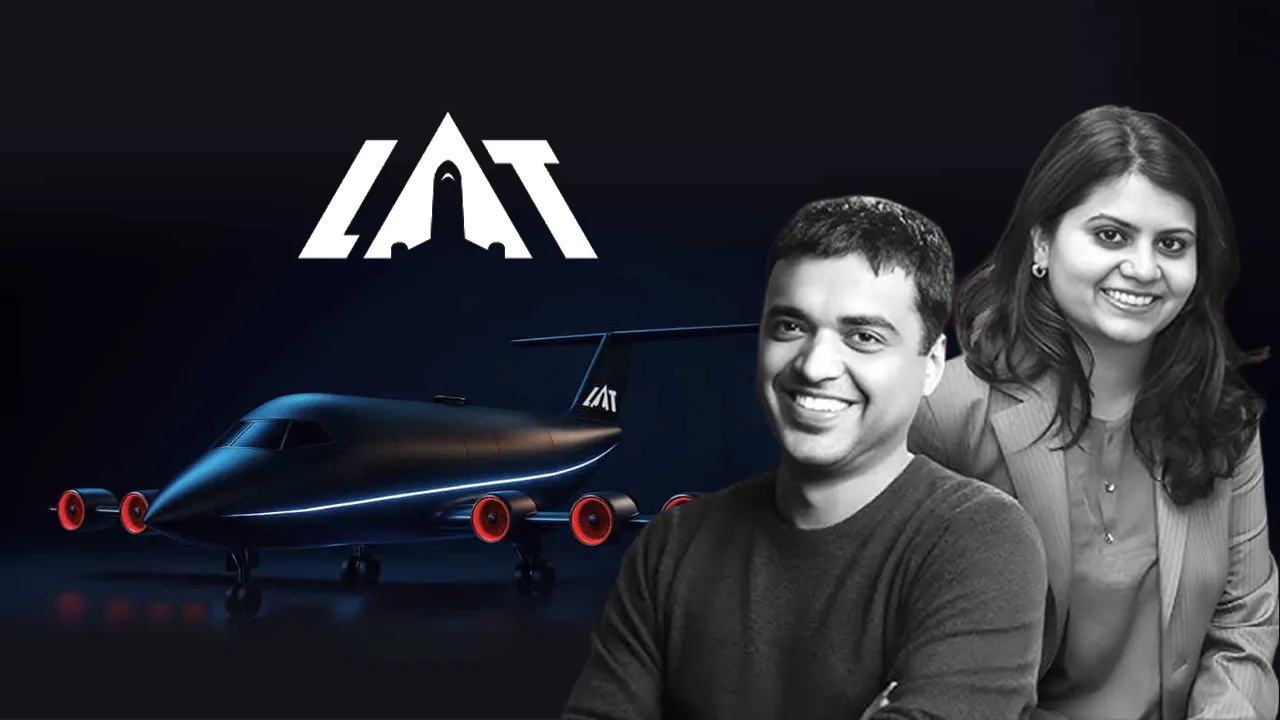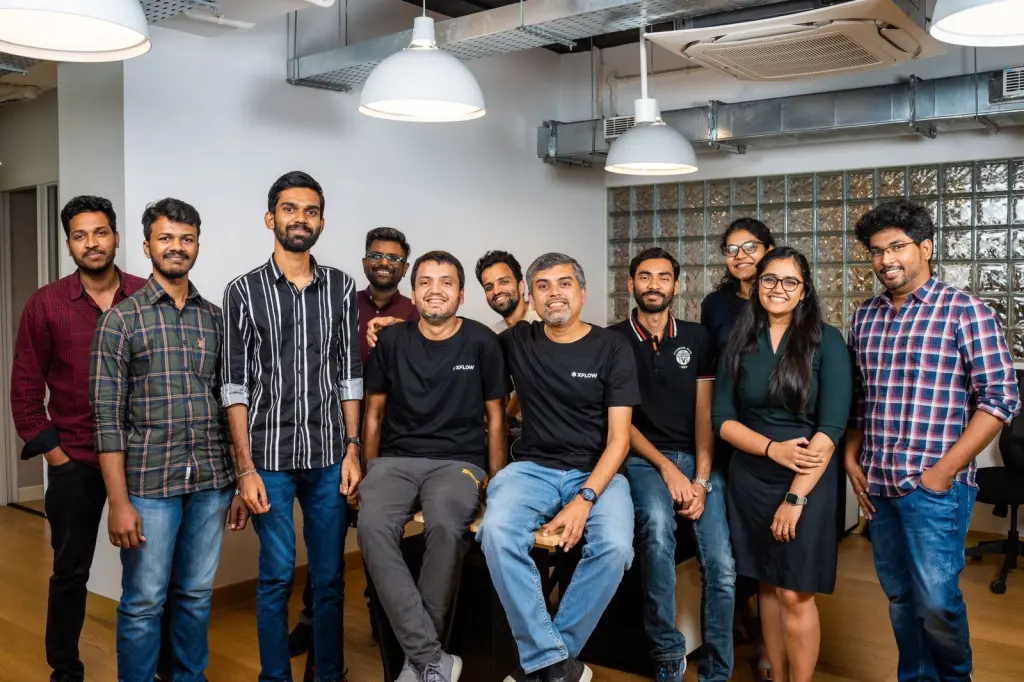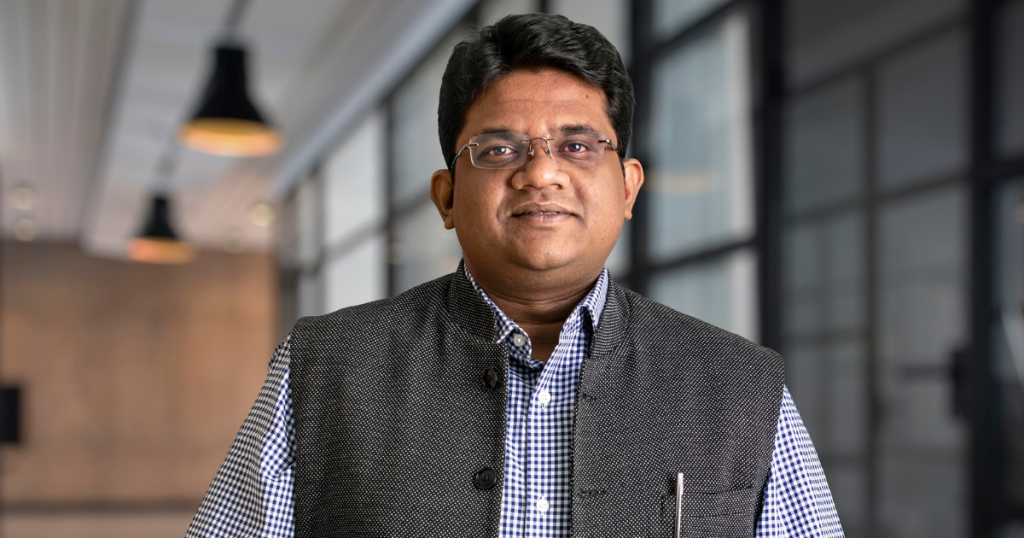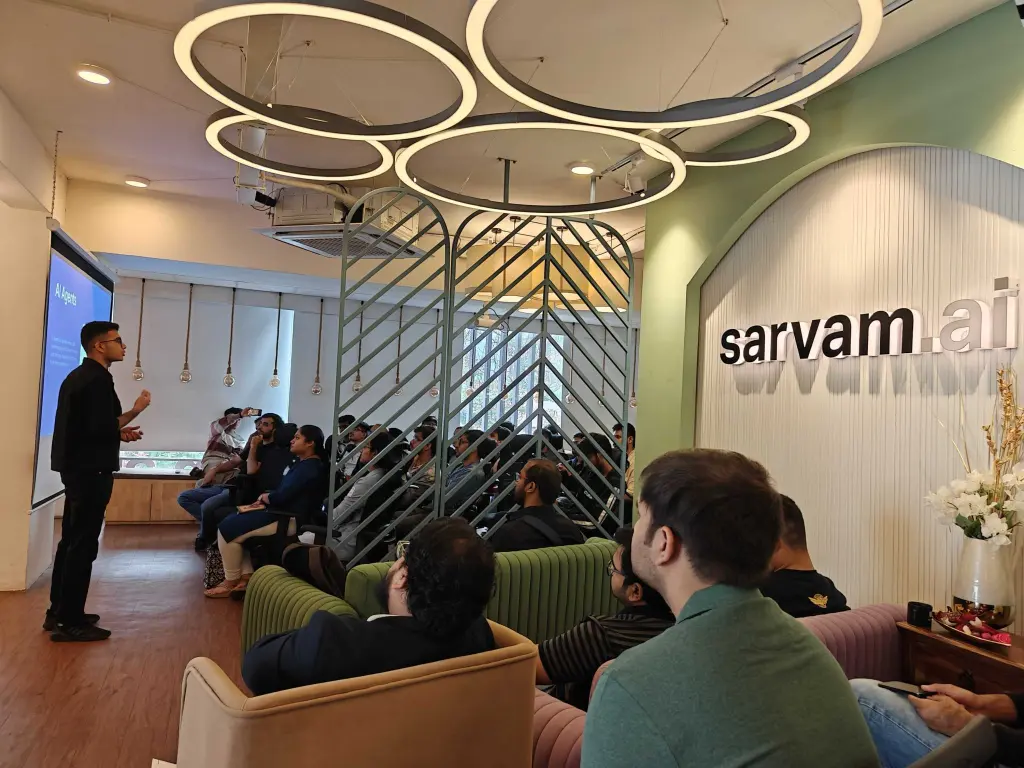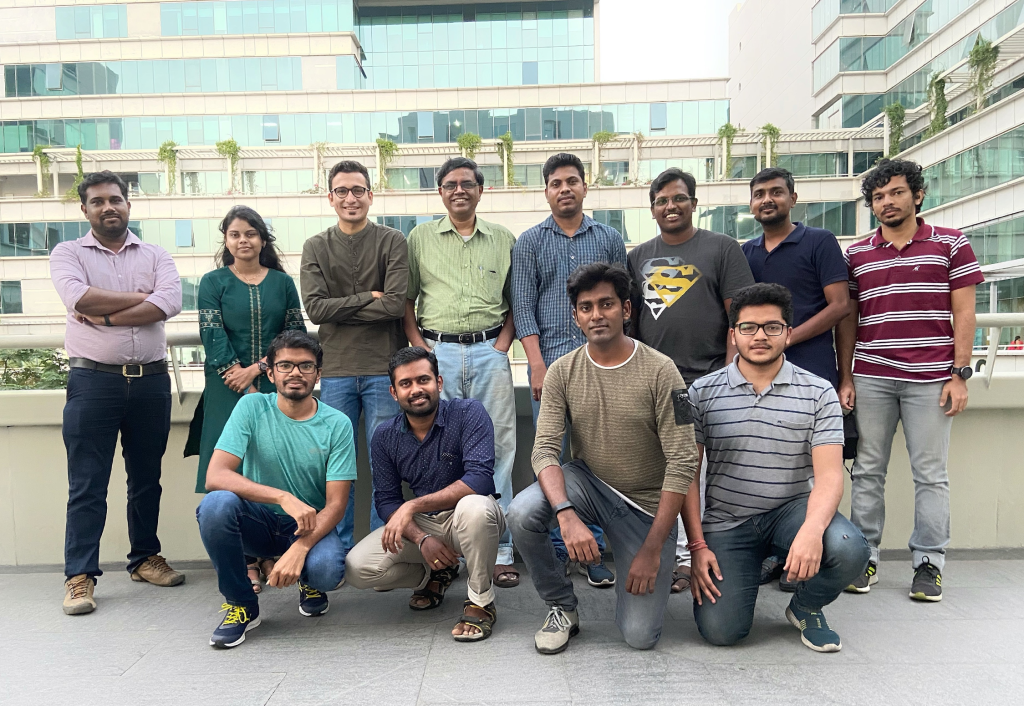Ola Electric Advances in Solid-State Battery Development, Supports Government’s EV Subsidy Shift
- ByStartupStory | July 1, 2024

Ola Electric is making strides in the development of solid-state batteries, as confirmed by the company’s chairman Bhavish Aggarwal. In a recent statement quoted by Reuters, Aggarwal said, “We are in very early stages of our experimentation on solid-state batteries.”
Solid-state batteries are anticipated to offer numerous advantages over conventional lithium-ion batteries, such as enhanced safety, extended lifespan, and faster charging times. However, widespread adoption has been hindered by challenges in raw material availability, complex manufacturing processes, and the resultant high costs.
Globally, several companies are also engaged in developing solid-state batteries. Earlier this year, Japan’s Toyota Motor announced plans to launch vehicles with solid-state batteries within the next few years, boasting faster charging and longer-lasting capabilities. Nissan aims to introduce an EV with an in-house developed pure solid-state battery by its fiscal year 2028. Honda is set to launch a solid-state battery test line in 2024, with intentions to implement these batteries in models later this decade. Additionally, Honda has invested in SES AI to co-develop semi-solid state batteries.
China’s CATL, one of the largest battery producers worldwide, unveiled a condensed matter battery—a type of semi-solid-state battery—last year. This battery could potentially power electric passenger aircraft and might enter mass production for EVs soon. Although CATL initially projected mass production to start in 2023, it has not provided a recent update.
Chinese EV manufacturer Nio has commercialized 150 kilowatt-hour (kWh) semi-solid-state batteries for its vehicles, developed by Beijing Welion New Energy, offering a range of up to 1,000 km. Nio, which sells EVs in China and Europe, also operates a battery-swapping service for its vehicles.
In addition to his comments on battery development, Aggarwal addressed the Indian government’s shift in electric vehicle subsidies. He expressed support for the reduction of FAME (Faster Adoption and Manufacturing of (Hybrid &) Electric Vehicles in India) subsidies, in favor of the Production Linked Incentive (PLI) schemes. Aggarwal stated, “We are okay with government tapering off FAME subsidies in order to focus on the PLI schemes.”
The central government is expected to introduce FAME 3 during the ongoing budget session, with a potential budgetary allocation of approximately Rs 10,000 crore to support electric two, three, and four-wheelers, according to sources familiar with the deliberations.

